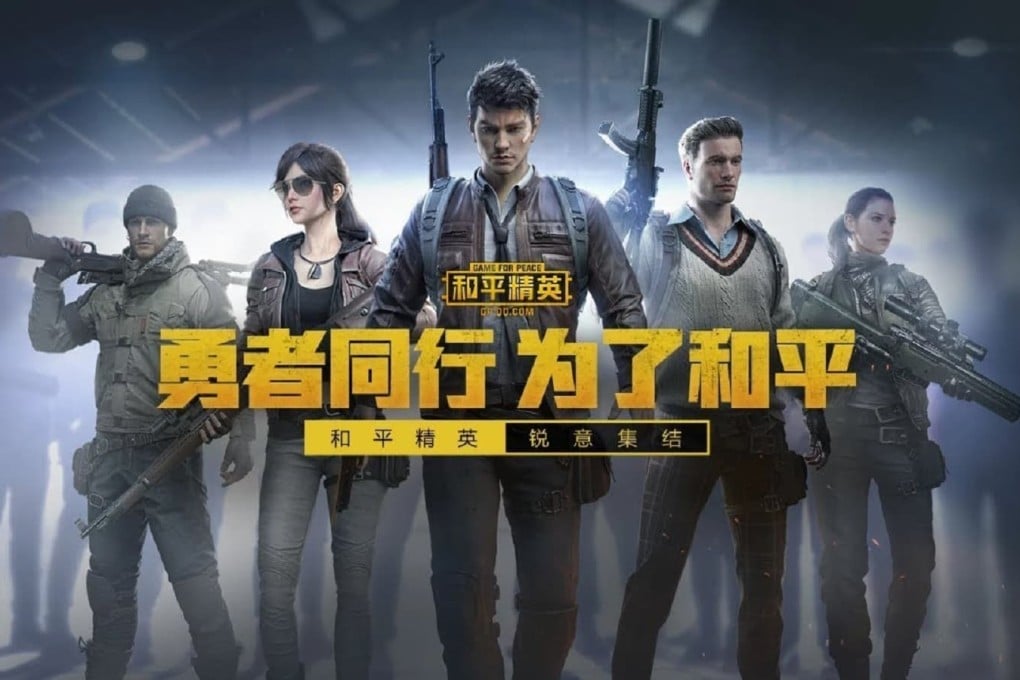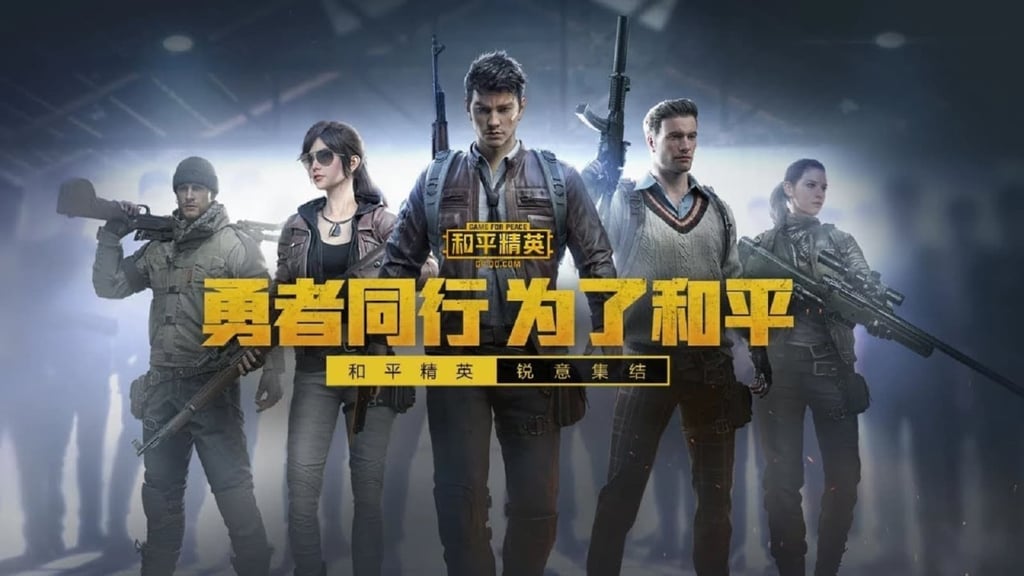Advertisement
Tencent's Game for Peace frightens developers and gamers, but investors love it
Censorship implications of swapping out PUBG Mobile for a more patriotic version draws concern
Reading Time:4 minutes
Why you can trust SCMP

This article originally appeared on ABACUS
Scrapping a game with 186 million users might seem insane. And indeed, Tencent’s decision to replace PUBG Mobile with a wholesome, hyper-patriotic shooting title called Game for Peace has plenty of detractors.
The move was widely mocked by gamers, mercilessly ripping the way it makes characters react to being shot and eliminated by waving a friendly goodbye at their apparent killers. It’s also drawn plenty of concern from developers: If even the country’s biggest gaming company seemingly can’t resist government censorship, what does this mean for them?
“It's hard to understand what the future of game regulation in China looks like,” said Charlie Moseley, a game developer in China and founder of the Chengdu Gaming Federation. “This turn of events is cartoonishly preposterous.”
Advertisement
But there is one group delighted by Game for Peace: Investors.
Tencent’s shares jumped on news of the announcement. And why not? It means the biggest gaming company in the world’s biggest gaming market has finally managed to monetize one of its most popular games.
Advertisement

Advertisement
Select Voice
Select Speed
1.00x